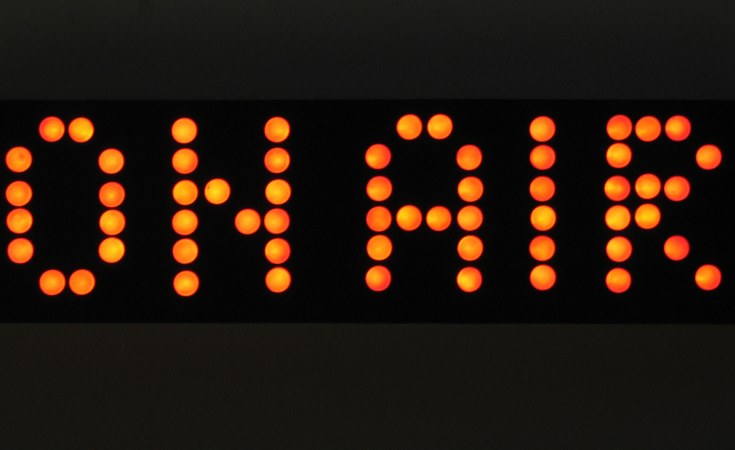Addis Abeba — Somali Regional State Communications Bureau has passed a decision to take 15 foreign media outlets broadcasting in the region off air and accused reporters of the outlets based in the region, including the BBC Somali service, of working without licenses. An official within the bureau told Addis Standard that the representatives of the media outlets are suspended for failing to have proper media accreditation.
In a letter written on 27 January, Ethiopian Media Authority (EMA) has urged the Somali Region Communications Bureau to take measures in collaboration with law enforcement agencies on individuals working for foreign media outlets without having media licenses.
The letter states the authority has found out in an investigation that there are media outlet representatives and journalists who are operating in the regional state without having licenses from the federal government media regulatory body. However, the letter didn't reveal names of the alleged media outlets.
Following the letter, on Saturday 28 January, the regional state's communications bureau issued a statement ordering the suspension of operations within the region by 15 media outlets. the list included, among others, BBC Somali, MM TV, Universal TV, Horyaal TV, RTN TV, Universal TV, Five TV, Sahan TV, Horn Cable TV, and Goobjoog TV.
Despite the communications bureau's reference to the letter issued by EMA in effecting the ban, however, Abdulrazaq Hassan, chairman of the Somali Region Journalists' Association, said the regional government played vital role in banning these media outlets using the license issue as a pretext.
"License is not the only reason for suspending the media outlets, these media were covering corruption, conflict, and drought related issues exposing the ruling party," Abdulrazaq told Addis Standard.
"We have been asking the regional government communication bureau to renew our licenses, which is usually renewed after every six months," Abdulrazaq said, further accusing the regional government of having an intention of silencing critical foreign media outlets in the region.
Ethiopian Media Authority confirmed to Addis Standard that the authority was internally communicating with the Somali region's communications bureau on the issue of media outlets operating in the region without licenses, but it is unaware of the decision to ban the media outlets. AS


